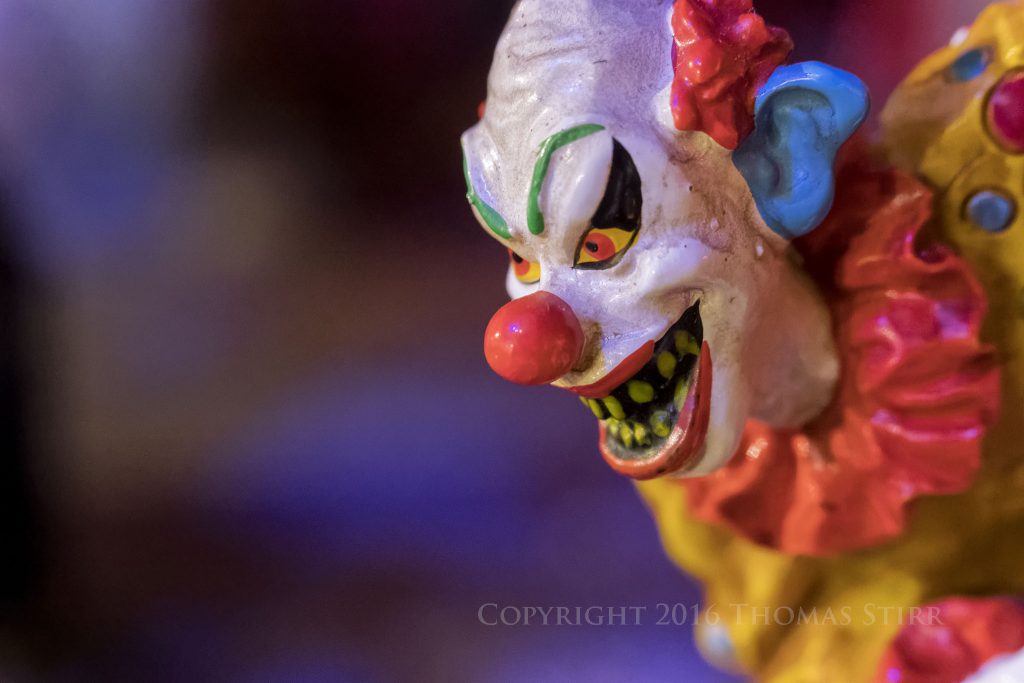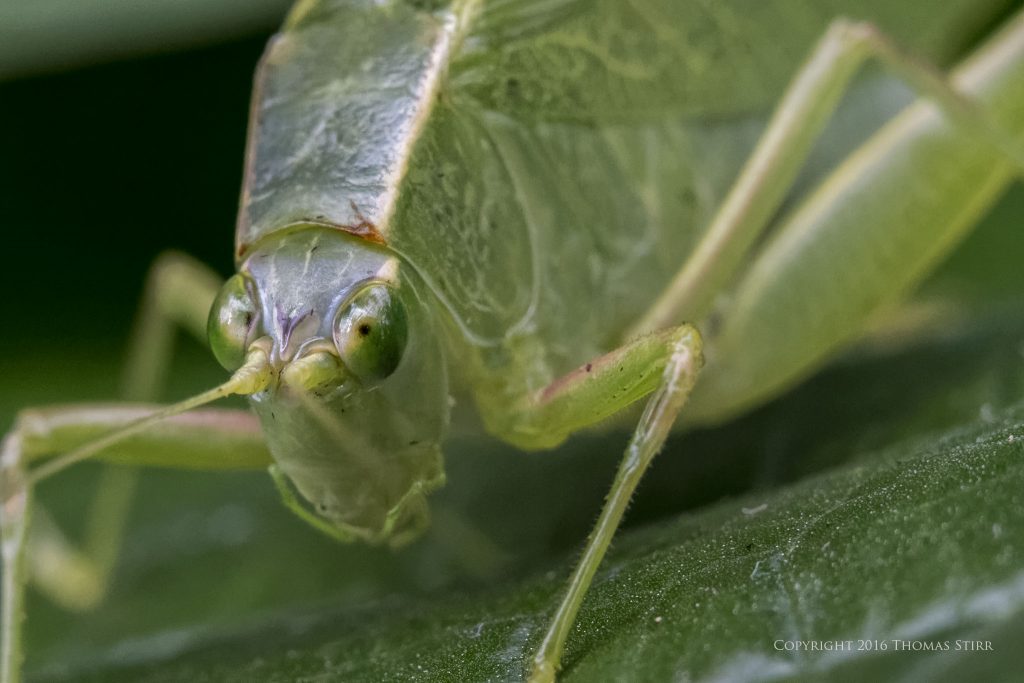Back in 1906 Wilfred Pareto created a mathematical formula that he used to explain the uneven distribution of wealth in Italy. Over time that formula became known as the Pareto Principle. Through the years it has been used to describe a wide range of situations. At its core Pareto Principle contains the 80/20 rule. It means that 80% of an outcome is created by 20% of the activities or inputs. This article discusses applying the Pareto Principle photography.
Click on images to enlarge.

When we consider all of the factors that can impact the photographs that each of us creates the list is quite lengthy. It includes choice of camera body, lenses used, filters, flashes, tripods and other types of camera supports, choice of software, subject matter, time of day, weather conditions, lighting, and creative inspiration to name but a few.

No doubt all of those individual factors are important and can have a direct impact on the quality of the work that each of us produces.

Evaluating a myriad of factors and choosing the one that creates 80% of the outcome is a subjective assessment. We can all assess that differently and arrive at a different conclusion. From my perspective there is one input that dwarfs all of the others and in my mind does impact 80% of the quality and impact of the photographs that each of us creates. That one factor is composition.

How we individually choose to compose our images says everything there is to say about how we see the world around us. It is how we put our world in perspective. What balance we experience in our lives. It represents our sense of order.

We can be brilliant tacticians when it comes to our use of photographic software. That brilliance can help squeeze out every drop of image quality of which our camera equipment of choice is capable. But, of what use is that skill in post processing if the image itself does not compel our readers to look at it?

We can spend thousands upon thousands of dollars to purchase camera gear that has the capability to deliver the highest amounts of dynamic range, colour depth and low light performance. We can use lenses of incredible sharpness that render images of extraordinary clarity. Much of that potential will remain dormant unless our compositions touch the hearts of our viewers.

We can travel the world and experience incredible locales and cultures. Of what use is that if our compositions do not help transport viewers into our images so they can experience what we did vicariously?

The images that each of us creates are snapshots in time. The exact combination of physical factors that came together in each of our photographs will never be duplicated precisely. They are truly unique moments in time. Each time coded when we first captured them.

Many of us have gone back to specific locations to try our hand at recreating a previous image. Sometimes we are rewarded by the whims of nature. At other times not. Time simply moves on.

Image composition is at the core of our creativity. It is that Pareto Principle factor that contributes to 80% of our photographic success. As long as we are breathing and have a camera in our hands, we have the opportunity to continue to hone our composition craft. And, every time we do, we will continue to grow as photographers.
My intent is to keep this photography blog advertising free. If you enjoyed this article and/or my website and would like to make a modest $10 donation through PayPal to support my work it would be most appreciated. You can use the Donate button below. Larger donations can be made to tom@tomstirr.com through PayPal.
Article Copyright 2017 Thomas Stirr. All images Copyright 2015-2017 Thomas Stirr. All rights reserved. No use, duplication or adaptation of any kind is allowed without written consent. If you see this article reproduced anywhere else it is an unauthorized and illegal use. Posting comments on offending web sites and calling out individuals who steal intellectual property is always appreciated!


Awesome photos and beautiful compositions. Nice article. Your trained eye and your compositions of those simple scenes make for compelling viewing. I can think of the principles you have dwelt upon in some earlier articles. Drawing the viewers eye, the rule of 7….and you are right… composition is of prime importance….gear comes next….the angles and the lighting in your image renders a sense of what you want to convey. Your photos speak a lot….really good photos. Your landscape photography is as good as your macro photography ….all your photos are beautifully composed. Your work keeps me drawing to your site again and again though I don’t have a camera set up as you and I am still starting out with a D3200+35mm prime combo. Keep up the good work. All the best. Thanks.
Srikanth
Thank you for your positive comment Srikanth – it is much appreciated! Regardless of the gear that each of us may use, the most important thing is simply to get out and use what we have regularly.
Tom